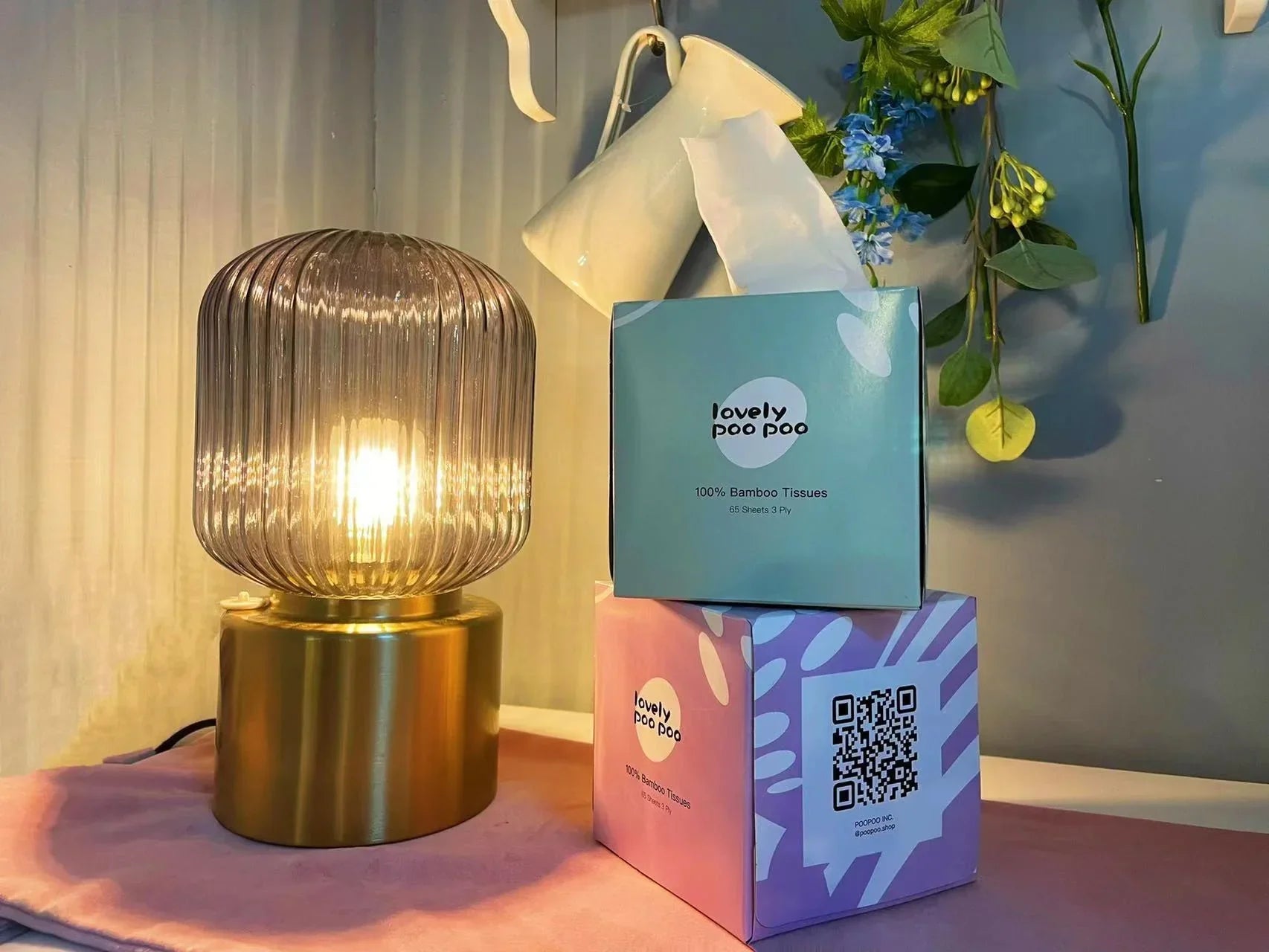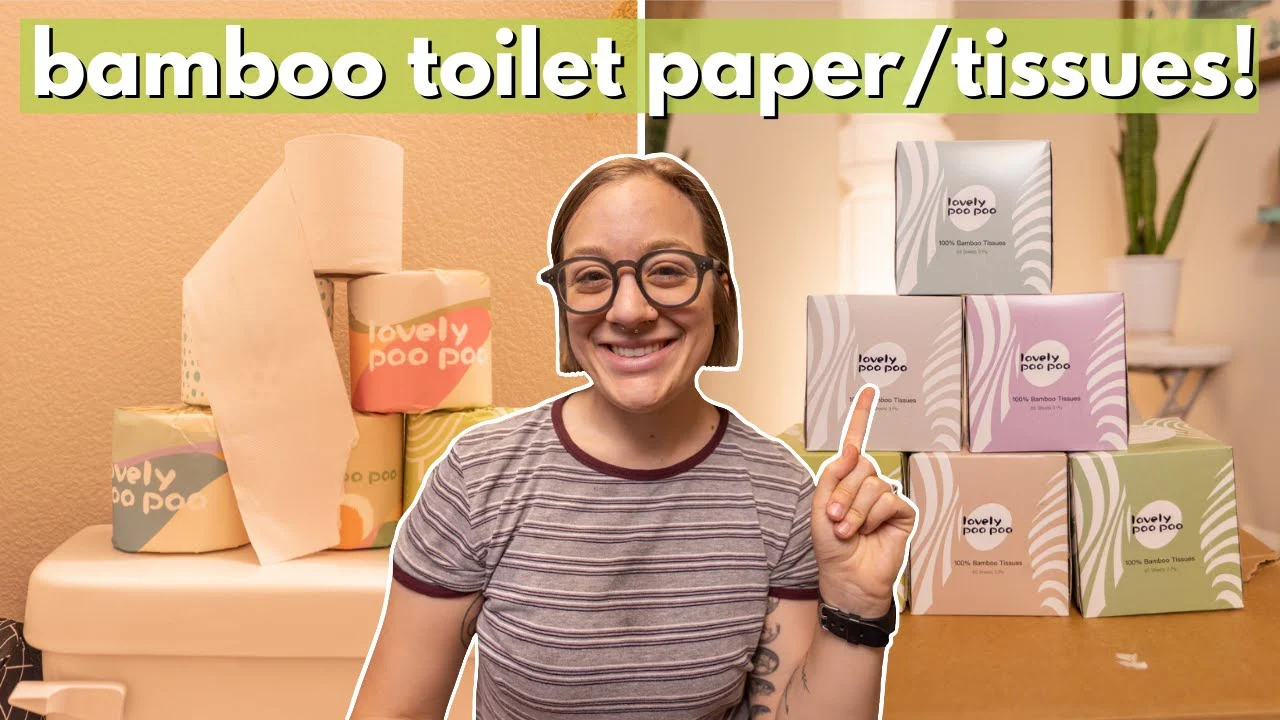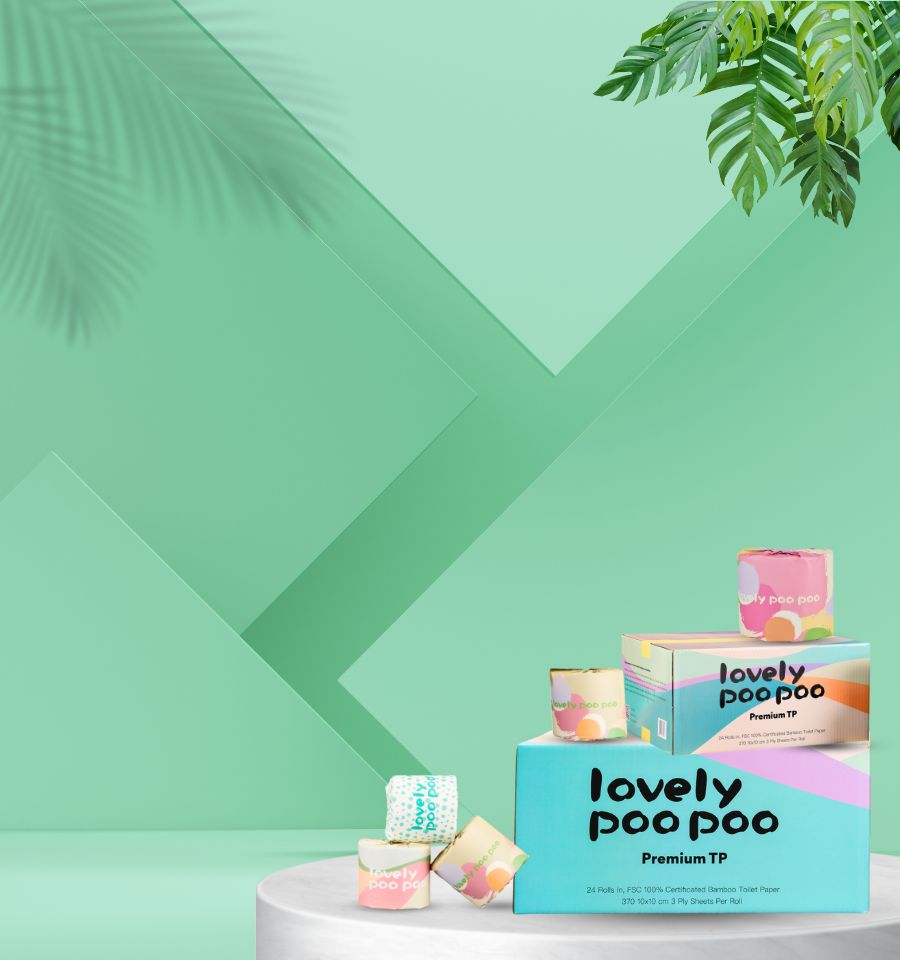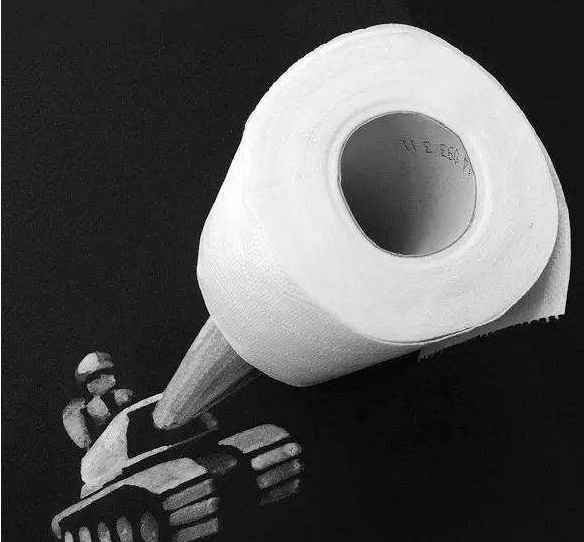Delving into the unnoticed repercussions of traditional toilet paper usage and exploring the eco-conscious alternative brings to light a critical aspect of sustainable living:
Traditional Toilet Paper Hazards:
-
Deforestation Concerns:
- Conventional toilet paper production often relies on virgin wood pulp, contributing to deforestation.
- This practice poses a threat to ecosystems and biodiversity, impacting the delicate balance of natural habitats.
-
Carbon Footprint Impact:
- The manufacturing process of traditional toilet paper involves substantial energy consumption and releases significant greenhouse gas emissions.
- This contributes to climate change, exacerbating the environmental challenges we face.
-
Chemical Additives:
- Many traditional toilet paper brands use chlorine and other harsh chemicals in the bleaching process.
- These chemicals can find their way into water systems, posing potential environmental and health risks.
-
Limited Recycling Potential:
- The softness and comfort associated with traditional toilet paper often come from fibers that are difficult to recycle.
- This limitation in recycling adds to the overall environmental burden.
The Sustainable Alternative - Bamboo Toilet Papers: Highlighting the positive shift towards sustainability, bamboo toilet papers emerge as a viable and responsible option. Here's why:
-
Renewable and Rapid Growth:
- Bamboo, the primary material for these toilet papers, is a fast-growing and highly renewable resource.
- Its growth rate surpasses that of traditional wood sources, making it an environmentally friendly choice.
-
Carbon Sequestration:
- Bamboo actively absorbs more carbon dioxide than traditional trees, contributing to carbon sequestration and mitigating climate change.
-
Reduced Environmental Impact:
- Production of bamboo toilet paper generally involves fewer harsh chemicals compared to conventional options.
- The eco-friendly manufacturing process minimizes environmental harm.
-
Biodegradability:
- Bamboo toilet paper is often more biodegradable than its conventional counterparts, reducing the burden on landfills.
Advocacy for Sustainable Living: Choosing bamboo toilet papers transcends personal convenience; it's a conscientious decision that supports sustainable living. By opting for this eco-friendly alternative, individuals actively contribute to:
-
Preserving Forests:
- Selecting bamboo toilet papers reduces the demand for virgin wood pulp, helping to conserve forests and protect natural habitats.
-
Mitigating Climate Change:
- Bamboo's efficient carbon absorption aids in combating climate change, aligning with global efforts for a healthier planet.
-
Minimizing Chemical Impact:
- Embracing bamboo toilet papers reduces the release of harmful chemicals into the environment, safeguarding water systems and ecosystems.
In essence, understanding the hidden impact of traditional toilet paper and embracing sustainable alternatives empowers individuals to make choices that resonate with environmental responsibility. At Lovely Poo Poo, we advocate for this shift towards eco-conscious living, promoting a harmonious coexistence with nature for a better and sustainable future.
Read more:
- Sowing Seeds of Change: A Journey Through the History of the Environmental Movement
- Healing the Earth: Unraveling the Mysteries of Acid Rain
- A Breath of Fresh Air: Demystifying WMO's Global Climate Observing System (GCOS)







